Regulatory T cells (Treg)” play a crucial role in maintaining immune homeostasis and tolerance by suppressing immune responses.
These lymphocytes inhibit T cell proliferation and cytokine production, thus preventing autoimmune reactions.
Our method involves evaluating the efficacy of an anticancer agent by treating a mixture of tumor organoids, cytotoxic T cells (CD8+ T cells), and regulatory T cells (Tregs) with the anticancer drug or drug candidate.
*Please login to see the price


Cytotoxic T cell
Colorectal cancer organoids accurately replicate the complexities of patient tumors, including heterogeneity,
genetic traits, and tissue structure.
These organoids serve as a versatile platform for drug testing, allowing the evaluation of drug responses and sensitivity.
Additionally, they facilitate personalized disease modeling using patient-specific samples, contributing to biomarker identification for prognosis and treatment response.
NSCLC organoids, reflecting the heterogeneity and genetic features of patient tumors, provide a versatile platform for in-depth cancer research.
These organoids faithfully mimic the tissue architecture of NSCLC, facilitating the study of tumor dynamics, invasion patterns, and drug responses.
Their patient-specific modeling capability allows personalized exploration of treatment outcomes.

A drug evaluation solution co-culturing Treg, T cells, and cancer organoids allows for the assessment of drugs that can regulate Treg.
This provides a drug evaluation solution capable of evaluating drugs that can modulate Treg.

We aimed to develop tumor organoids with a tumor microenvironment and use them as a solution for drug evaluation. For this, we created a system where tumor organoids, cytotoxic T cells, and regulatory T cells were co-cultured at specific ratios.
We activated T cells from PBMCs, then separately cultured and counted cytotoxic T cells and regulatory T cells. Finally, after establishing the co-culture system at designated ratios, we measured the efficacy of immuno-oncology drugs.


We compared the commonly used immuno-oncology drug atezolizumab with candidate. When T cells alone or cytotoxic T cells and regulatory T cells were added, we examined the effect of each immuno-oncology drug. Only in the case of co-culture with regulatory T cells, the efficacy of the drug decreased rapidly. This is a result of regulatory T cells inducing T cell suppression during co-culture.
These results prove that our solution can most similarly simulate the tumor microenvironment consisting of tumor organoids, cytotoxic T cells and regulatory T cells.
Screen and accurately evaluate anti-cancer drugs targeting regulatory T cells using our validated solution that closely resembles the in vivo tumor microenvironment.


Lambda Biologics GmbH
Deutscher Pl. 5c, 04103 Leipzig, Germany